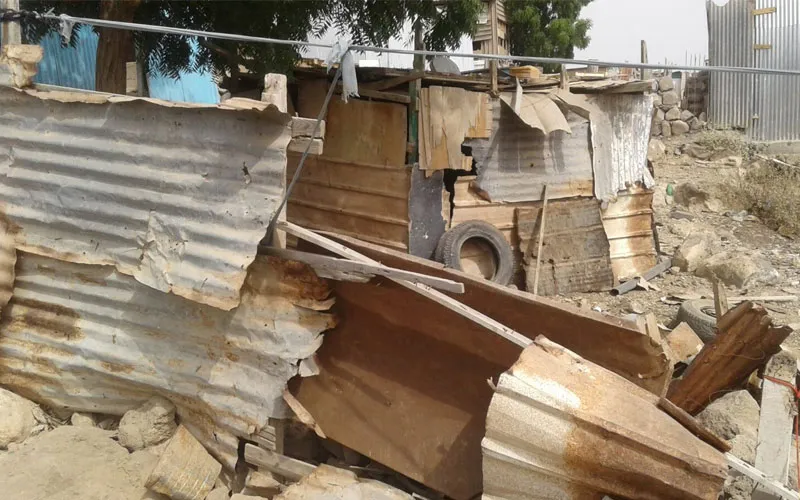Djibouti, 30 December, 2022 / 8:55 pm (ACI Africa).
The development and humanitarian arm of the Catholic Church in Djibouti, Caritas Djibouti, is empowering farmers and members of “vulnerable communities” in the Horn of Africa country through trainings in permaculture approach, the leadership of the global confederation of Catholic relief agencies, Caritas Internationalis (CI), has reported.
In the Friday, October 14 report, CI officials say, “With widespread droughts affecting countries in the Sahel and Horn of Africa, Caritas Djibouti has increased its efforts to fight hunger and preserve human dignity through sustainable development training, projects and advocacy.”
“Since late 2019, Caritas Djibouti has held several workshops on permaculture which adopts land management practices that support the growth of natural ecosystems in a self-sufficient and sustainable way,” officials of the global confederation of Catholic relief agencies say.
They go on to highlight some initiatives Caritas Djibouti has undertaken to help farmers and members of local communities.
Officials of the global aid and development agency of the Catholic named after the Latin word for love and compassion make reference to Caritas Internationalis’ global Together We campaign that was launched in December 2021.








